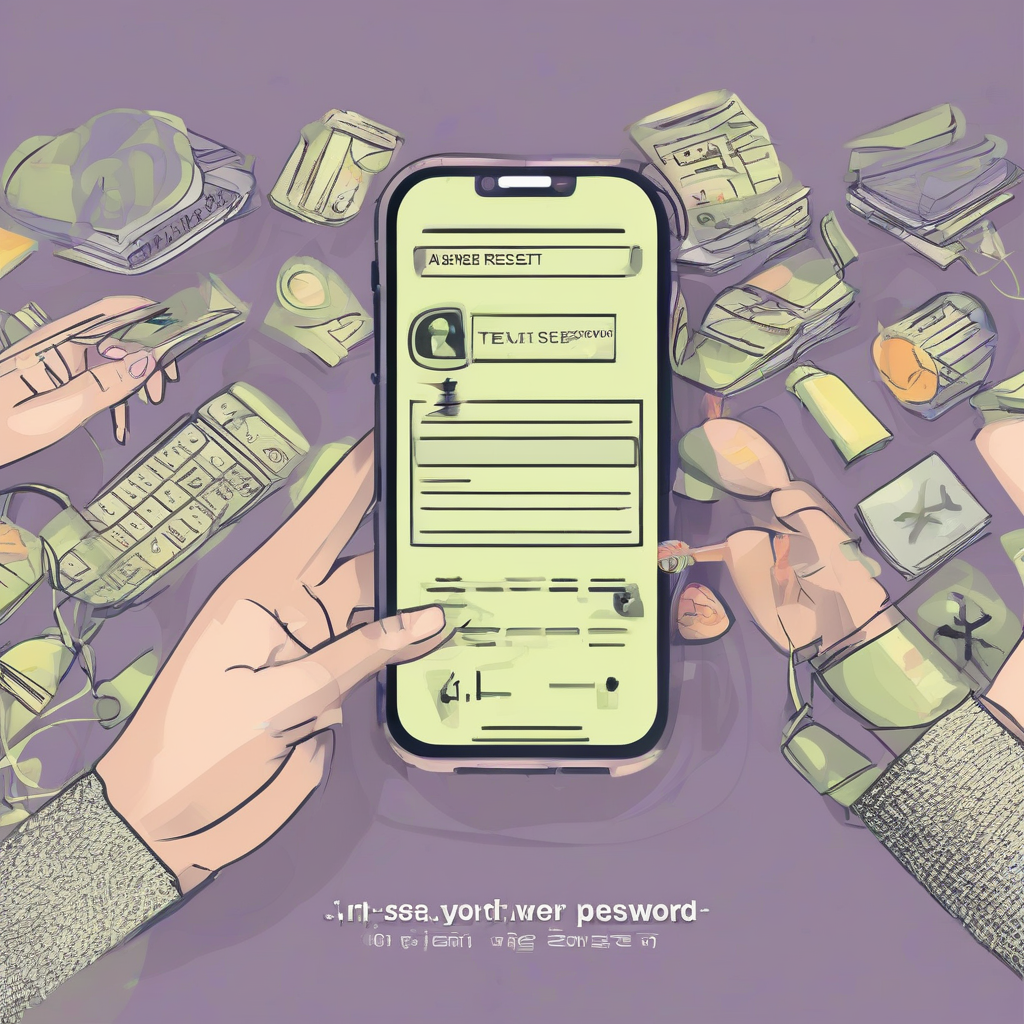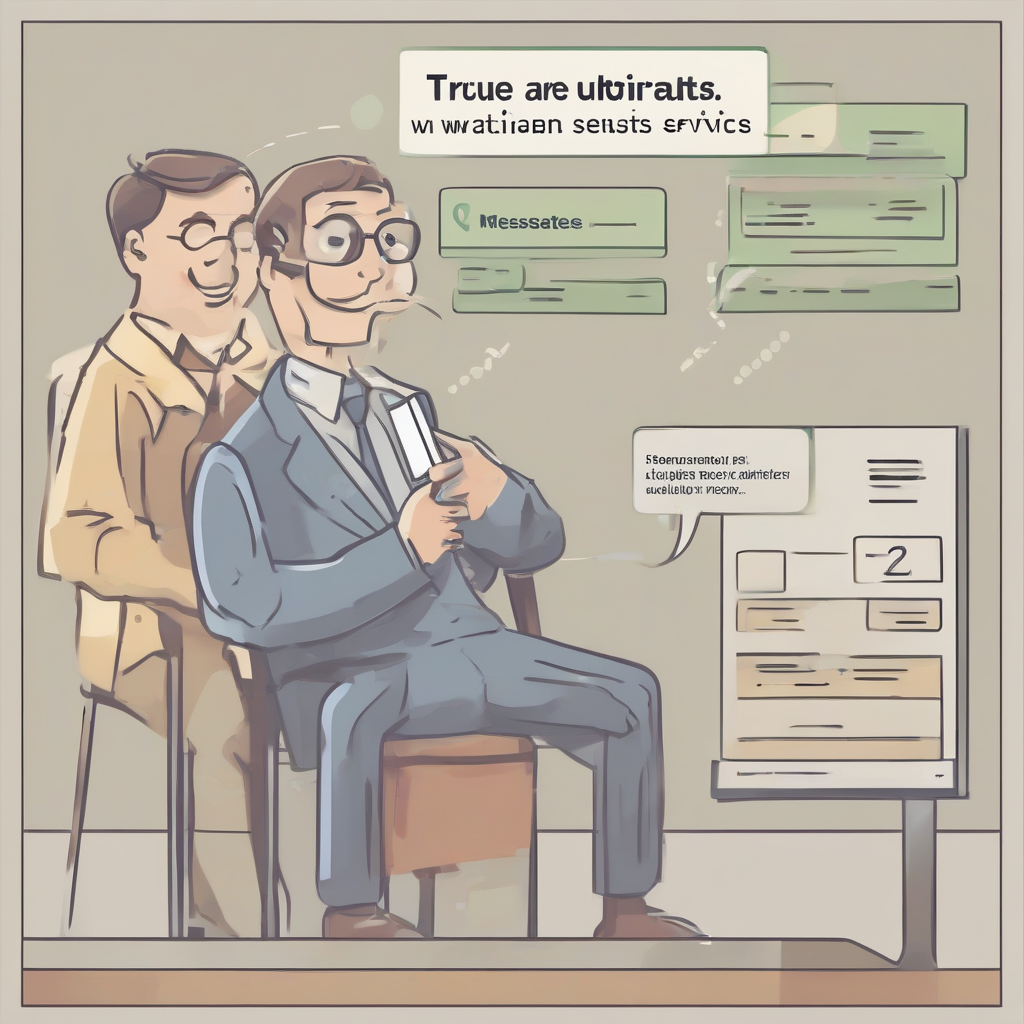Revolutionizing Customer Service: The Rise of ChatGPT and AI-Powered Support

Revolutionizing Customer Service: The Rise of ChatGPT and AI-Powered Support
The landscape of customer service is undergoing a dramatic transformation, fueled by the rapid advancements in artificial intelligence (AI). At the forefront of this revolution is ChatGPT, a powerful large language model capable of understanding and responding to a wide range of customer inquiries with remarkable accuracy and efficiency. This exploration delves into the multifaceted impact of ChatGPT on customer service, examining its benefits, challenges, and the future it promises for businesses and consumers alike.
The Advantages of ChatGPT in Customer Service
- 24/7 Availability: Unlike human agents, ChatGPT can provide support around the clock, eliminating wait times and ensuring customers receive immediate assistance, regardless of time zone or holiday schedules. This constant availability significantly enhances customer satisfaction and loyalty.
- Scalability and Cost-Effectiveness: ChatGPT can handle a vast number of concurrent conversations without requiring the scaling of human agent teams. This scalability translates to significant cost savings for businesses, reducing the burden of hiring, training, and managing large customer support teams.
- Improved Efficiency and Speed: ChatGPT can quickly access and process information from a vast knowledge base, enabling it to provide accurate and relevant answers to customer questions far faster than a human agent searching for information manually. This speed improves customer experience and resolves issues more efficiently.
- Personalized Interactions: By leveraging data analysis and machine learning, ChatGPT can personalize interactions with customers, tailoring responses to their individual needs and preferences. This personalized approach fosters stronger customer relationships and enhances brand loyalty.
- Multilingual Support: ChatGPT's ability to understand and respond in multiple languages significantly expands the reach of businesses, allowing them to provide seamless support to a global customer base without the need for multilingual support teams.
- Handling High Volumes of Routine Inquiries: ChatGPT excels at handling repetitive, routine inquiries, freeing up human agents to focus on more complex and challenging customer issues that require empathy and nuanced problem-solving skills. This improved workflow optimizes resource allocation and boosts overall efficiency.
- Data Collection and Analysis: Interactions with ChatGPT provide valuable data on customer inquiries, pain points, and preferences. This data can be analyzed to identify areas for improvement in products, services, and customer support processes. This data-driven approach fuels continuous optimization and enhances business performance.
Challenges and Limitations of ChatGPT in Customer Service
- Lack of Emotional Intelligence: While ChatGPT can understand and respond to the literal meaning of customer queries, it lacks the emotional intelligence and empathy of human agents. Dealing with emotionally charged situations or customers expressing frustration can be challenging for a purely AI-driven system.
- Bias and Ethical Concerns: ChatGPT's responses are based on the data it's trained on, and if this data contains biases, these biases can be reflected in the system's output. Ensuring fairness and avoiding the perpetuation of harmful stereotypes is a crucial ethical consideration.
- Dependence on Quality Data: ChatGPT's effectiveness is directly linked to the quality and comprehensiveness of the data it's trained on. Inaccurate, incomplete, or outdated data will lead to inaccurate or unhelpful responses.
- Handling Complex or Unpredictable Inquiries: While ChatGPT excels at handling routine inquiries, it can struggle with complex, nuanced, or unpredictable questions that require creative problem-solving and out-of-the-box thinking. Human intervention may be necessary in such situations.
- Security and Privacy Concerns: Protecting sensitive customer data is paramount. Implementing robust security measures to safeguard customer information exchanged with ChatGPT is crucial to maintaining trust and complying with data privacy regulations.
- The "Uncanny Valley" Effect: Some customers may find interactions with ChatGPT unsettling or unnatural, particularly if the system's responses are too robotic or lack a human touch. Balancing efficiency with a human-like interaction is a crucial design consideration.
- Integration Complexity: Seamless integration of ChatGPT with existing customer service platforms and systems can be technically challenging and may require significant investment in infrastructure and expertise.
Implementing ChatGPT in Customer Service: Best Practices
- Hybrid Approach: Combining ChatGPT with human agents in a hybrid model offers the best of both worlds. ChatGPT handles routine inquiries, while human agents manage complex issues and emotionally charged interactions.
- Clear Communication and Transparency: Customers should be informed when they are interacting with an AI system. This transparency helps manage expectations and reduces potential frustration if the system cannot fully address their needs.
- Regular Monitoring and Evaluation: Continuously monitor ChatGPT's performance, analyze customer feedback, and refine the system's knowledge base to ensure accuracy, efficiency, and positive customer experiences.
- Robust Training Data: Invest in creating a comprehensive and high-quality training dataset that reflects the diversity of customer inquiries and accurately represents the brand's voice and values.
- Security and Privacy Protocols: Implement stringent security measures to protect customer data and comply with relevant data privacy regulations.
- Human-in-the-loop System: Design a system where human agents can easily take over conversations if ChatGPT encounters a complex or sensitive issue requiring human intervention.
- Continuous Learning and Improvement: Employ machine learning techniques to continuously improve ChatGPT's performance based on data collected from customer interactions.
The Future of ChatGPT in Customer Service
The integration of ChatGPT and other AI-powered technologies is poised to revolutionize customer service, leading to more efficient, personalized, and cost-effective support. As AI technology continues to evolve, we can expect even more sophisticated and human-like interactions. This will lead to:
- Proactive Support: AI will anticipate customer needs and proactively offer assistance, preventing issues before they arise.
- Enhanced Personalization: AI will create truly personalized customer journeys, tailoring interactions to individual preferences and behaviors.
- Multimodal Interactions: Customers will be able to interact with AI through various channels, including voice, text, and even video.
- Improved Accessibility: AI-powered customer service will improve accessibility for customers with disabilities, offering customized support tailored to their specific needs.
- Increased Customer Loyalty: Through enhanced efficiency, personalized interactions, and 24/7 availability, AI will foster greater customer satisfaction and loyalty.
In conclusion, ChatGPT represents a significant advancement in customer service technology, offering numerous benefits while presenting some challenges. By implementing best practices and addressing ethical considerations, businesses can leverage the power of AI to create exceptional customer experiences and gain a competitive edge in today's rapidly evolving marketplace. The future of customer service is undeniably intertwined with the advancements in AI, and ChatGPT is at the forefront of this exciting transformation.
What's Your Reaction?
















